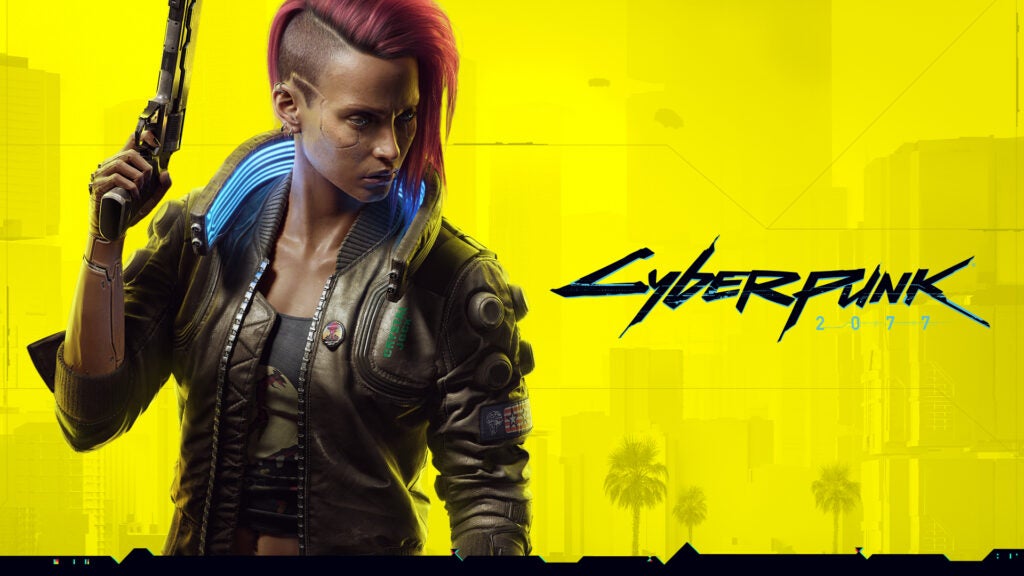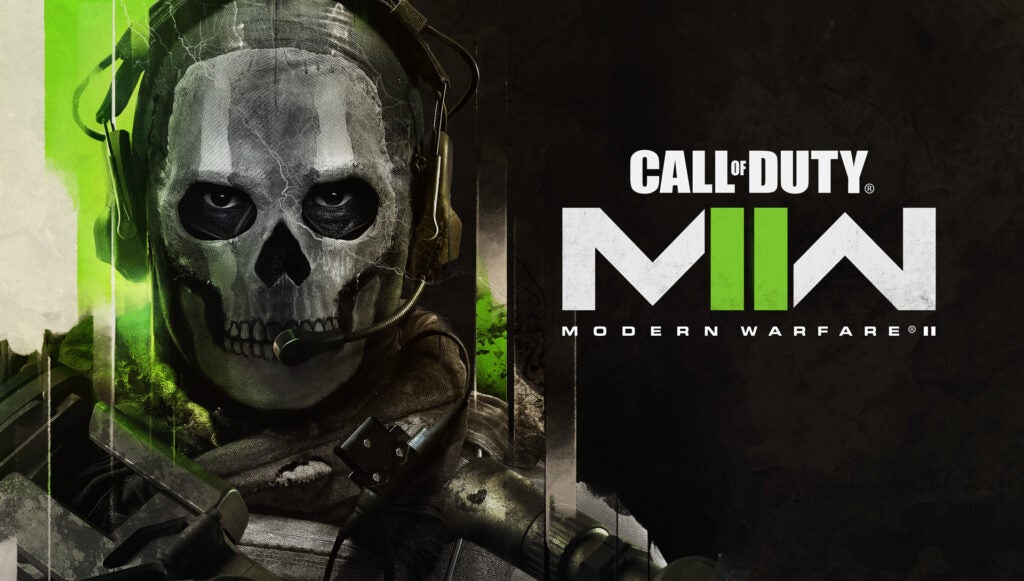
OPNION: When the PS5 and Xbox Series X consoles first launched in 2020, there was speculation that this could be the very last console generation.
The launch of Google Stadia was the main driving force for this line of thought, with the cloud-streaming technology proving that it’s possible to play AAA games via the cloud without any high-powered hardware. Why would you need to buy an expensive console when you can simply start playing via an app with a high-speed internet connection?
Of course, Google has now confirmed it will be closing down Stadia, with consumer interest in the platform failing to reach the heights that the company had anticipated. You may expect that the death of Stadia would quash any lingering doubts about the future of physical consoles, and yet I’m more convinced than ever that cloud consoles are the future.
That’s not because any existing cloud platform currently offers a quality enough experience to displace consoles – I still think we’re a few years away from that. Instead, I’ve started to come around to the idea of cloud gaming because physical consoles are starting to show numerous limitations.
I own both a PS5 and Xbox Series S, and I have to say I’ve been underwhelmed by both consoles. There hasn’t been a significant graphics boost for this generation, especially when compared to previous generational jumps such as between the PS1 and PS2, or even the Xbox 360 to Xbox One.
That’s not a slight at Sony or Microsoft, as it’s a predicament facing the entire gaming industry. Now consoles are able to run games in 4K, there isn’t much space for improvement in terms of picture resolution. Sure, 8K sounds exciting on paper, but you’ll only really see the benefits of the extra pixels if you’ve got a humongous TV.
We’re also seeing a decline in generational performance uplifts, not just for consoles, but for PCs too. This may explain why the PS5 and Xbox Series X consoles don’t feel as powerful as the preceding models.

Recent games such as Cyberpunk 2077 and Gotham Knights have also demonstrated that it’s difficult to make full use out of the most cutting-edge consoles when you also have to make sure the game can run on a wide range of platforms. That’s especially difficult if developers want their games to run on a Nintendo Switch and Steam Deck for the widest player base possible.
There are plenty of other pain points for physical consoles too. One of my biggest complaints is the ever-growing size of game files. Call of Duty: Modern Warfare 2 has a 102GB file size on PS5, taking up a big chunk of the usable 667GB on the console’s default SSD. Not only does that force you to free up space on your drive to start playing the game, but also means you may have to potentially wait a long time for it to download depending on your internet connection.
And who can forget about never-ending software updates? If you’re one of those people who don’t like leaving your console on standby, you’ll likely encounter a huge queue of downloads every time you boot up the system. Games are only becoming more complex too, so I only see this issue getting worse.

Could a PS6 or next-gen Xbox solve all of the above problems? I’m doubtful. And if the next consoles can’t provide a significantly improved experience compared to the existing platforms, it’s going to be difficult to justify spending another high fee.
But what about cloud gaming? Platforms such as Stadia, Game Pass Ultimate and GeForce Now have proven that they can fix many of the issues that currently plague physical consoles. The only performance bottleneck is the speed of your internet connection, and the average UK broadband is already well above the recommended speed.
If you subscribe to Nvidia’s highest tier of GeForce Now, you’ll be able to play games in 4K at up to 120fps with ray tracing activated, regardless of what kind of PC you have. At £89.99 per six months, it’s arguably too expensive for the average gamer, but still demonstrates how cloud gaming is capable of providing a top-notch gaming experience without the need of powerful hardware.
Since you’re streaming a game via the cloud, you don’t have to worry about downloads, installations and future updates. It’s all sorted for you in the background instead for a more seamless experience.
And with Xbox teasing its Keystone streaming device (even if it’s still years away from release), it seems pretty clear that Microsoft is ready to go all in on cloud gaming.
None of this should come as a big surprise. We’ve seen this transition happen already in other industries, including music and TV. I can’t remember the last time I purchased a CD or Blu-ray, despite having reservations about streaming when Spotify and Netflix first emerged.
It’s naïve to think that gaming won’t follow the same path. It will probably take a little longer for consoles to be ditched in favour of streaming apps since the cloud-streaming technology required is more complex and demanding on your broadband connection. But cloud gaming becoming the norm is a matter of ‘when’ rather than ‘if’.
Will I be sad to see the death of the physical console? Of course I will! I cherish memories of receiving a PlayStation One at Christmas, and I can’t imagine installing a cloud-streaming app will ever replicate that joy. But if cloud-streaming technology can provide us with more advanced games in the future, I’m willing to give up physical consoles and finally convert to the cloud.
Ctrl+Alt+Delete is our weekly computing-focussed opinion column where we delve deeper into the world of computers, laptops, components, peripherals and more. Find it on Trusted Reviews every Saturday afternoon.






